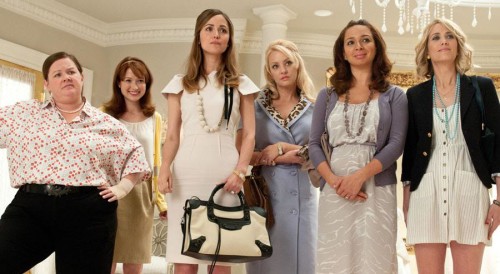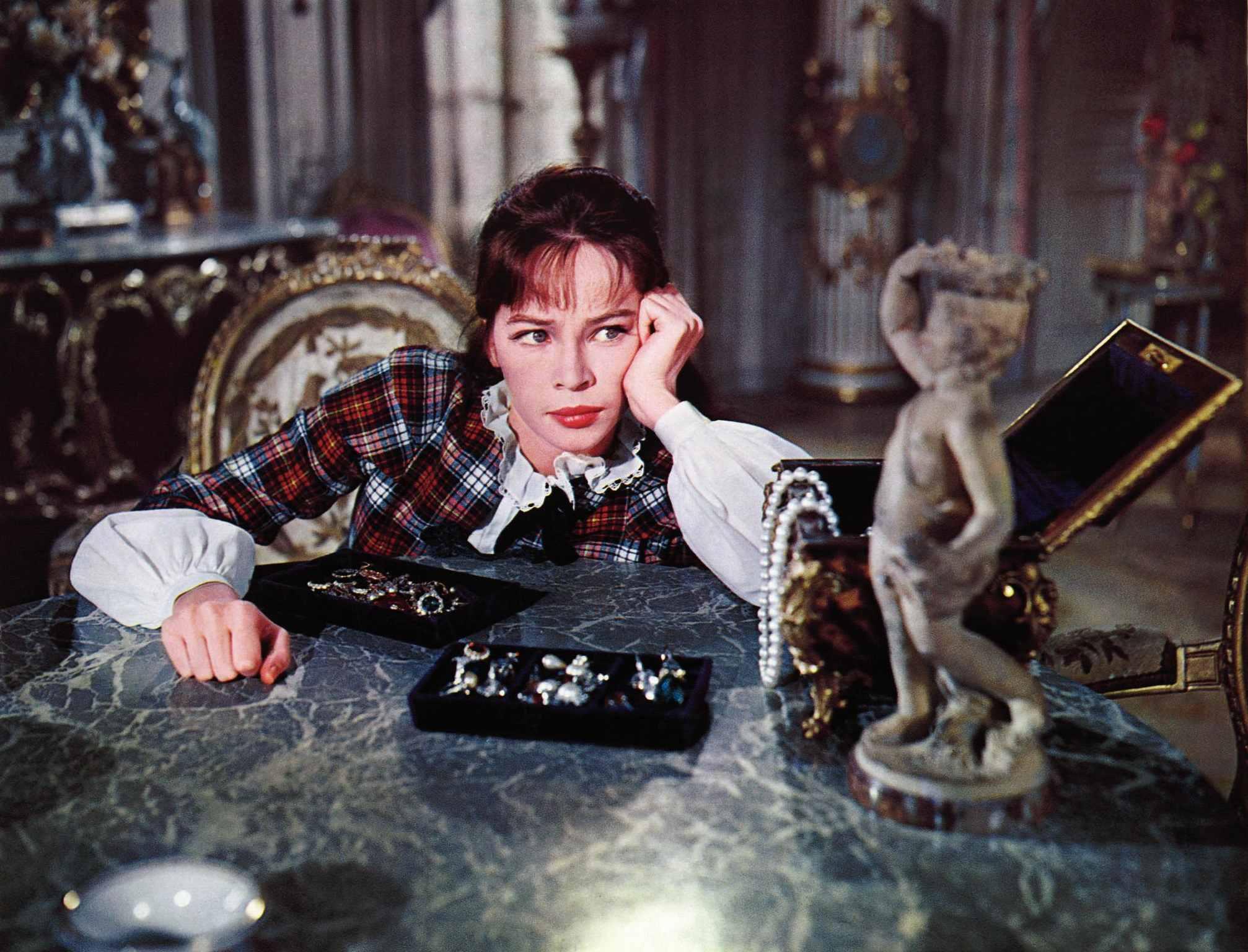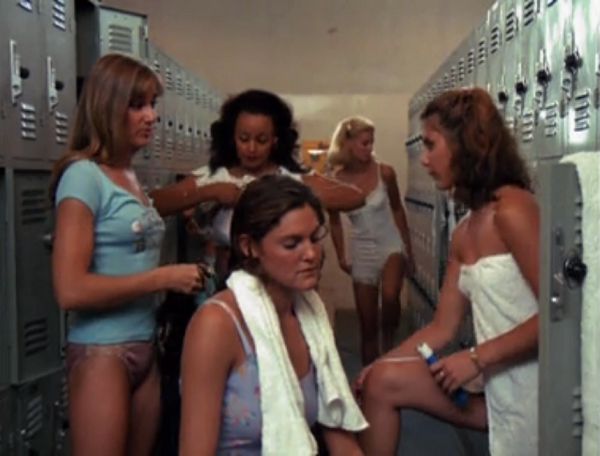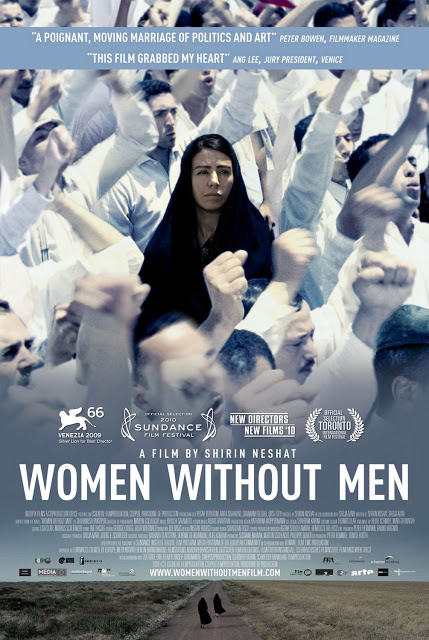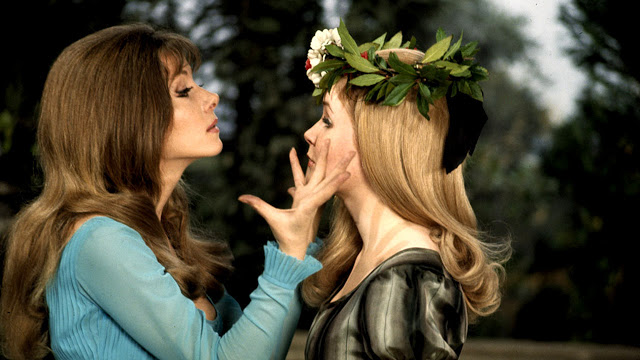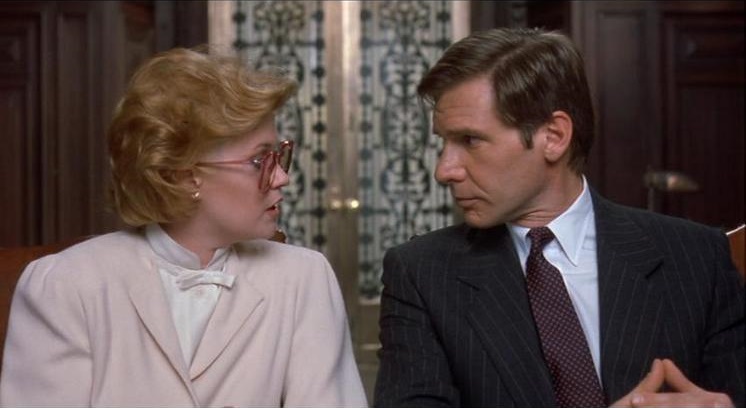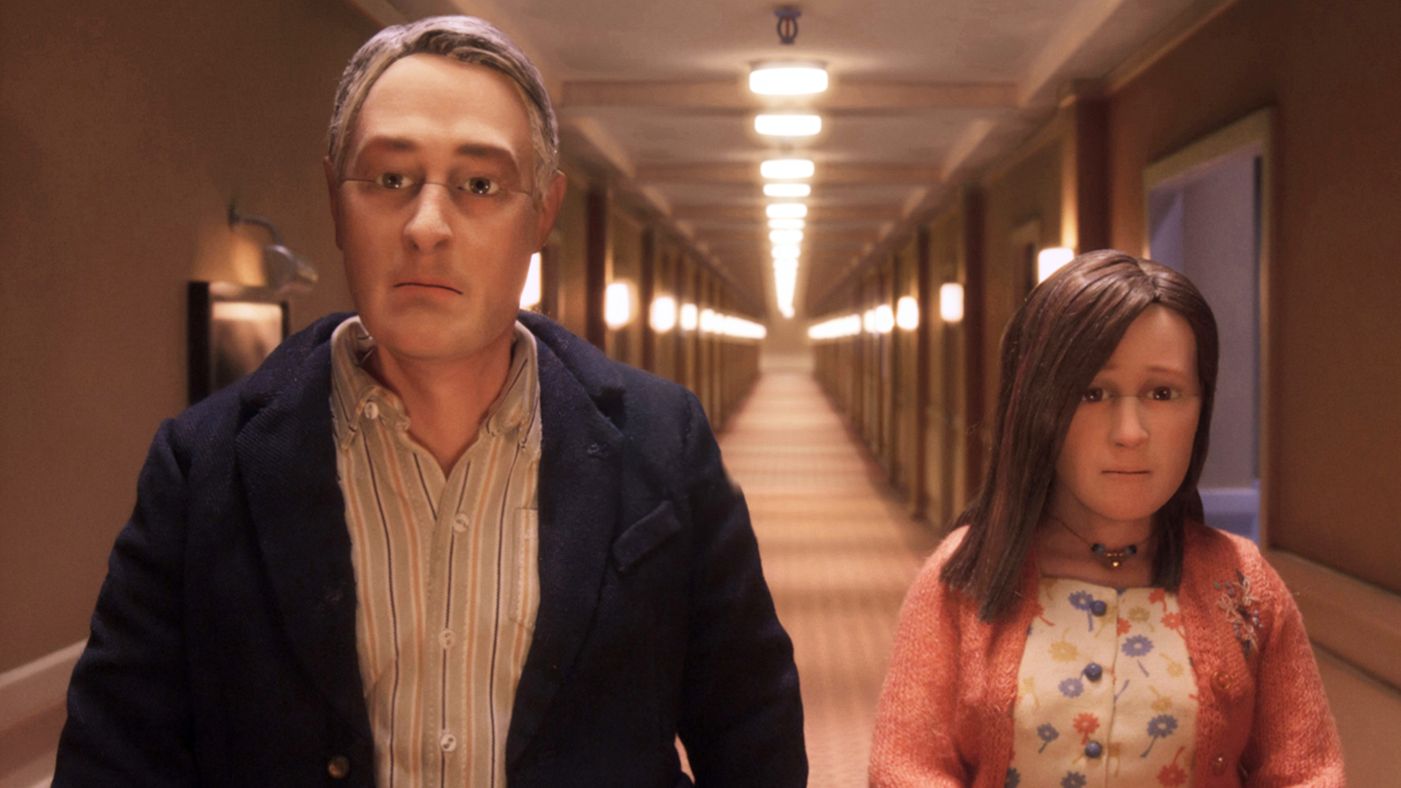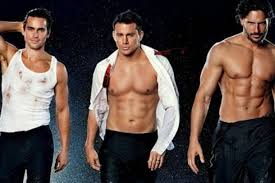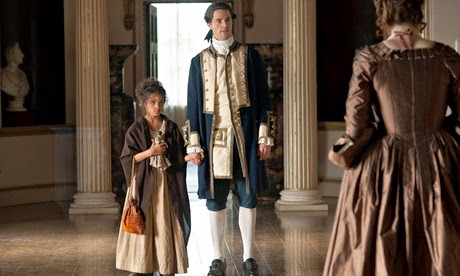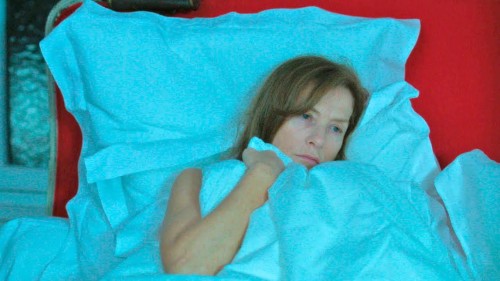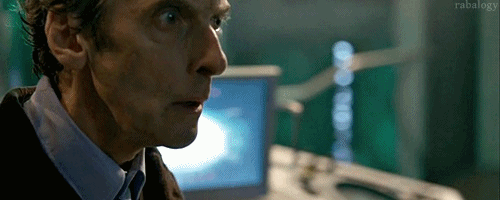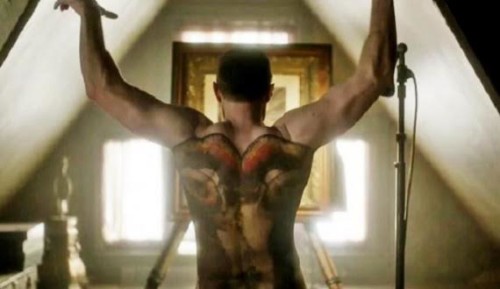The Male Gaze, LOL: How Comedies Are Changing the Way We Look
The body is no longer a Lacanian reflected ideal, it is a biological mess that often exists beyond anyone’s control. The effect of this convention is two-fold–a bait and switch of expectations but also the creation of a sense of biological sameness: man or woman, everybody poops. By placing the body in a biological space instead of a symbolic one, physical comedy is questioning the visual tendencies of subconscious desire.
